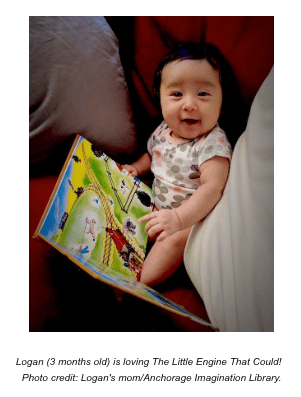Many of us pride ourselves on being multi-taskers. We believe we can get more things checked off our task list if we do several of them at the same time. In the workplace, that’s generally by choice. At home with children, especially at certain times of the day, being able to multi-task seems a necessity!

Science tells a different story, however, about the benefits of multi-tasking. According to several articles I read, we’re fooling ourselves when we think multi-tasking improves our productivity. Because we think we’re getting more done, we feel emotionally satisfied and continue on.
But the brain doesn’t actually work that way. Rather than doing several things at once, it is actually switching from one task to another at a rapid pace. According to Victor Imbimbo, “As far back as 2001, scientists at the Center of Cognitive Brain Imaging at Carnegie Mellon University discovered that when people were driving in traffic and conversing, two tasks most of us consider easy and natural, the area of the brain that managed these functions was overwhelmed. Researchers found that brain activity didn’t double, but rather it decreased, so each task was completed less efficiently and less expertly than when being conducted separately. That’s why texting and driving is so dangerous.”
What does this have to do with young children? One of the qualities kindergarten teachers see in children who are prepared for school is persistence or sticking to a task – the opposite of multi-tasking. Parents and other caring adults in a child’s life can help nurture and celebrate this quality. For example, the martial arts program several of our grandchildren participate in has as its motto “Never give up.” And many of us are familiar with the “I think I can, I think I can” chant of The Little Engine That Could.
Ways you can help develop persistence in your child:
- Encourage her to keep trying as in “If at first you don’t succeed, try, try again.”
- Read books with him about solving problems and talk about what the characters did.
- Push him – just a little – with appropriate expectations.
- Help her remember times when she succeeded at something she feared or had trouble accomplishing.
- Be a good role model!
I’m reminded of a story about a little girl and her mother. The little girl wanted to tell her mom something and kept trying to get her attention. “Mama, mama,” said the little girl. “Uh huh,” her mother replied, several times. Finally, the little girl said, “Mama, listen to me with your eyes!”
Let’s listen with our eyes to our children and, through our example and support, help them develop the stick-to-it skills they will need for success in school, and in life.
For more information about building persistence and attention to tasks visit this page on Preparing for Kindergarten by ARISE.

